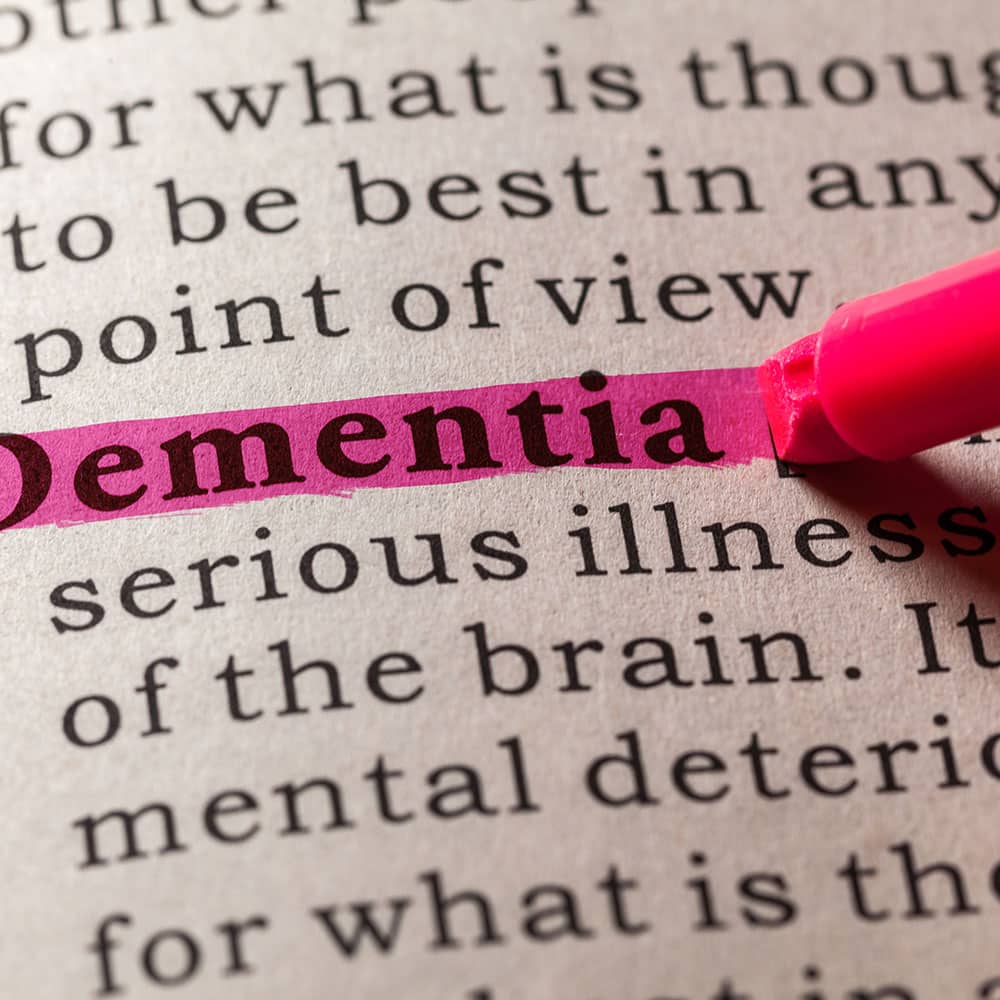The workings of angiogenin-a protein were examined by the researchers which crosses into cells and is transported to the cell nucleus. This protein plays an important part in growing blood vessels, regenerating blood stem cells, and in developing and safeguarding of healthy brains.
Mutated angiogenin is associated with Amyotrophic Lateral Sclerosis a brain disease that is also known as motor neurone disease and/or Lou Gehrig’s disease, and a form of dementia called Fronto-temporal dementia.
Researchers conducted a series of in vitro experiments under various biochemical conditions in order to track angiogenin-a protein’s pathway into several types of central nervous system cells. Findings of the investigations showed that angiogenin-a uptake into these cells followed more than just one biochemical pathway, which is more complex that what was previously thought.
Understanding the precise function of angiogenin-a protein and how cells take it up is important. Arriving at a comprehensive understanding of angiogenin-a protein’s application in neurological disease treatment will be challenging, especially after the surprising discovering that it is taken up by more than one mechanism, but its participation in multiple processes means that it will be far worth the efforts put forth.




